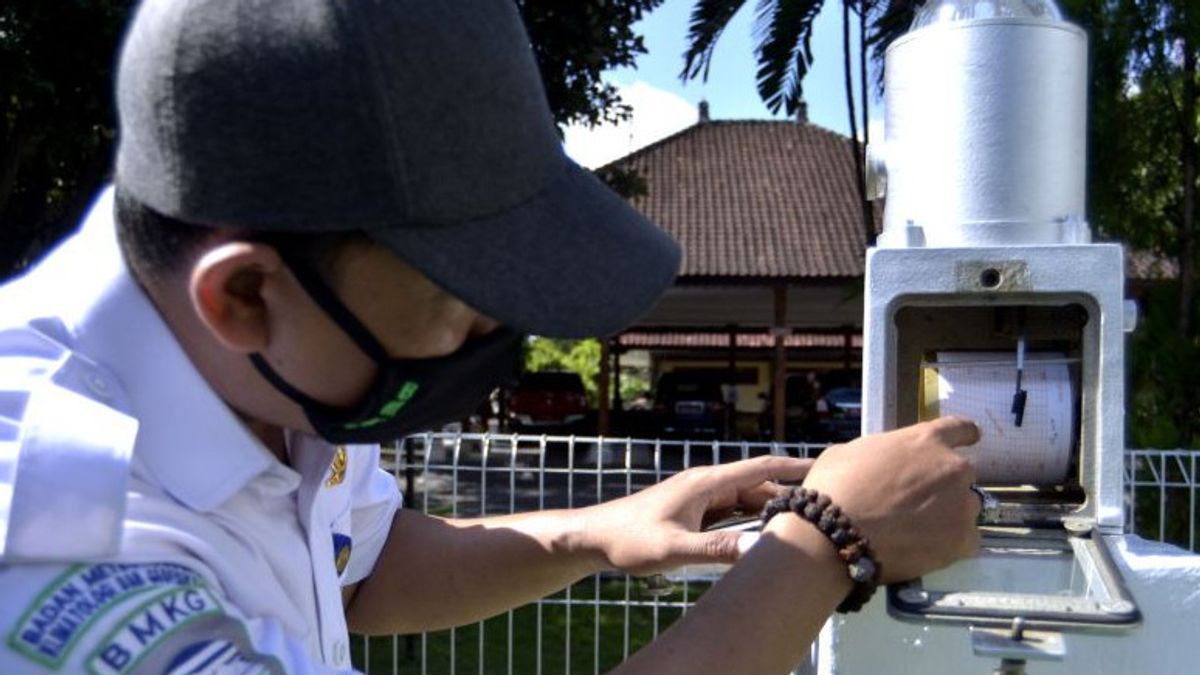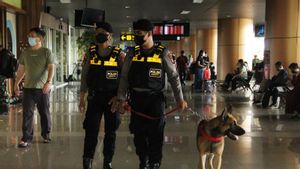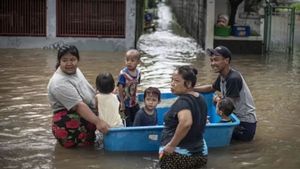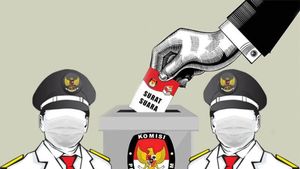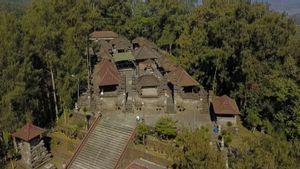JAKARTA - Indonesia is actively involved in the preparation of scientific documents of the United Nations Scientific Committee on the Effects of Atomic Radiation or the United Nations Scientific Committee on the Effects of Atomic Radiation (UNSCEAR) on the effects of radiation.
"Indonesia is also involved in the preparation of UNSCEAR scientific documents which are summarized in the publication of Effects of Ionizing Radiation as a report on UNSCEAR's work to the UN General Assembly," said researcher at the Nuclear Energy Research Organization of the National Research and Innovation Agency (BRIN), Nur Rahmah Hidayati in a press statement from the official website of BRIN in Jakarta, Friday 13 May.
Nur, who is also the Indonesian Representative for UNSCEAR, said that the publication, which is published periodically, contains scientific data related to the impact of atomic radiation which is an important reference for efforts to improve global radiation protection standards.
The publication is also the main reference for the International Commission on Radiological Protection (ICRP), believes international scientific organizations working in the field of radiation protection and safety, to compile recommendations regarding the implementation of radiation protection and safety in radiation applications in various fields of human life.
She said that the 69th annual UNSCEAR session on 9-13 May 2022 at the United Nations Building in Vienna, Austria, focused on discussing several topics related to the impact of radiation, which are the targets of the 2020-2024 work program.
At the UNSCEAR session, Indonesia contributed in sending public radiation exposure data through the UNSCEAR Global Survey and providing input related to the Second Primary Cancer After Radiotherapy document.
During the trial, Indonesia also provided additional documents or references from Indonesian researchers to be considered in documents related to radiation exposure received by the public and workers from various types of radiation sources in the environment.
According to Nur, Indonesia's contribution to expertise and research data related to the impact of radiation is very important in strengthening global radiation protection references.
She said Indonesia's membership in the UN committee also provided benefits for Indonesia in improving the quality of national radiation protection and safety standards, based on the exchange of information and expertise with other UNSCEAR member countries.
VOIR éGALEMENT:
"This membership needs to be maintained, including through active participation and involvement of Indonesian experts in various activities and programs carried out by UNSCEAR," he said.
The discussion on the impact of radiation at the 69th annual UNSCEAR session covered three topics, namely radiation exposure received by the public and workers from various types of radiation sources in the environment and workplace, both in industry, health, and others; exposure due to radiation accidents; and exposure due to the use of radiation for medical purposes; as well as other specific data.
UNSCEAR is an international organization formed by the United Nations General Assembly during the 10th session on December 3, 1955.
Indonesia has been a member of UNSCEAR since 1973, after its membership was approved in the UN General Assembly through UN General Assembly Resolution No. 3154 C (XXVIII) on December 14, 1973. Until 2022, UNSCEAR has 31 members.
The English, Chinese, Japanese, Arabic, and French versions are automatically generated by the AI. So there may still be inaccuracies in translating, please always see Indonesian as our main language. (system supported by DigitalSiber.id)
